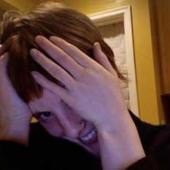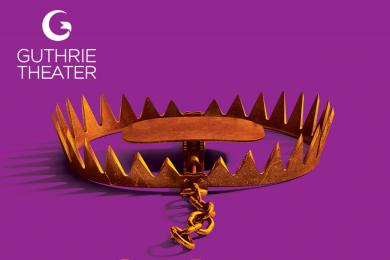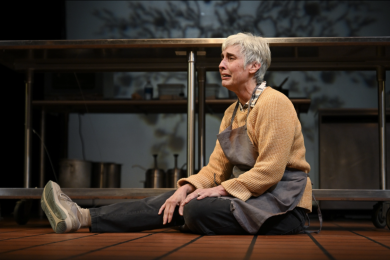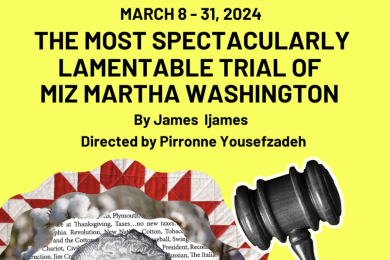Last weekend I spent 50 bucks on Enda Walsh (link). I don’t spend 50 bucks on anybody, let alone a complete stranger. To my delight, it was the most satisfying 50 bucks I had spent in a long time. And, this time, I wasn’t even drunk after my money had disappeared.
After being completely rocked by Walsh’s play,
The Walworth Farce, Saturday night at the Walker, I went to bed and immediately turned around to go back to the Walker Sunday morning. For Enda was in town, and it said in my program that he was going to have a public conversation about his play, Irish theater, and whatever else came up with Guthrie Artistic Director and fellow Irishman Joe Dowling.
The following is a list of reasons why I am glad I did not stay in my bed that Sunday morning.
- Enda Walsh is HOT.
- Fintan O’Toole was in town to see Joe in Faith Healer (link), and he joined them to make up a panel of three Irishmen talking about playwrighting, and theater, and the state of theater in Ireland. And Irish politics. I was on Nerd Cloud Nine.
- Watching three Irishmen talk about what it’s like to be Irish and what they carry made me understand my ex-boyfriend better.
What I learned
They talked a lot about
distraction. How, for them, being specifically Irish (but it can certainly apply to human beings in general), language is a form of distraction. It was very true in
The Walworth Farce that the language in the play, the storytelling, was actually a function of what the characters weren’t saying, rather than facing the truth of their situation.
The language of the play then, when awkwardly lying on top of a buried truth, has a certain energy to it, they explained—an energy with a lot of weight but it is also incredibly taut. It is an intense energy approaching a sense of mania. A comic energy. And that
awkwardness and angularity of saying things to distract and repress, rather than to communicate, can be very funny.
But it’s a humor that teeters on the edge of something truly sad. The humor teetering over the sad makes the gap, then, between the hilarious and the appalling very narrow. And that is a key recognizable trait in Irish theater—the narrow gap between the very funny and the very awful.
They pointed out that there are certain Irish traditions that are so deep in the DNA that they will come out in playwriting whether one thinks about them or not—Enda said quite a few times that Irishmen “Proclaim Things” all the time; it doesn’t even matter what it’s about but they like to “Proclaim.” Proclamations of choice include family, where a person comes from in the country, politics, dislocation, the importance of stories. Enda and Fintan pointed out that humor inherently has an anarchic spirit that does not allow a writer to get caught up in reverence. An abstraction happens with humor, so that the traditions in their Irish DNA don’t become, in their writing, proud or precious, too serious or too brooding. The humor “annihilates” the family, the politics, the proclamations.
So do we, they, or any of us tell stories to reveal or to hide? To enact or to evoke? To learn or to pretend? To deal with or to deny? It seems to me, what makes the best storytelling and what makes these Irish so darn dramatical, is that they don’t really have one without the other. Both exist simultaneously always. That’s what I learned.
And I also know that pints of Guinness can make a play better. And a hot playwright can make a discussion of the arts more exciting.
Anyway, 50 bucks. I just gave it to you for free.




